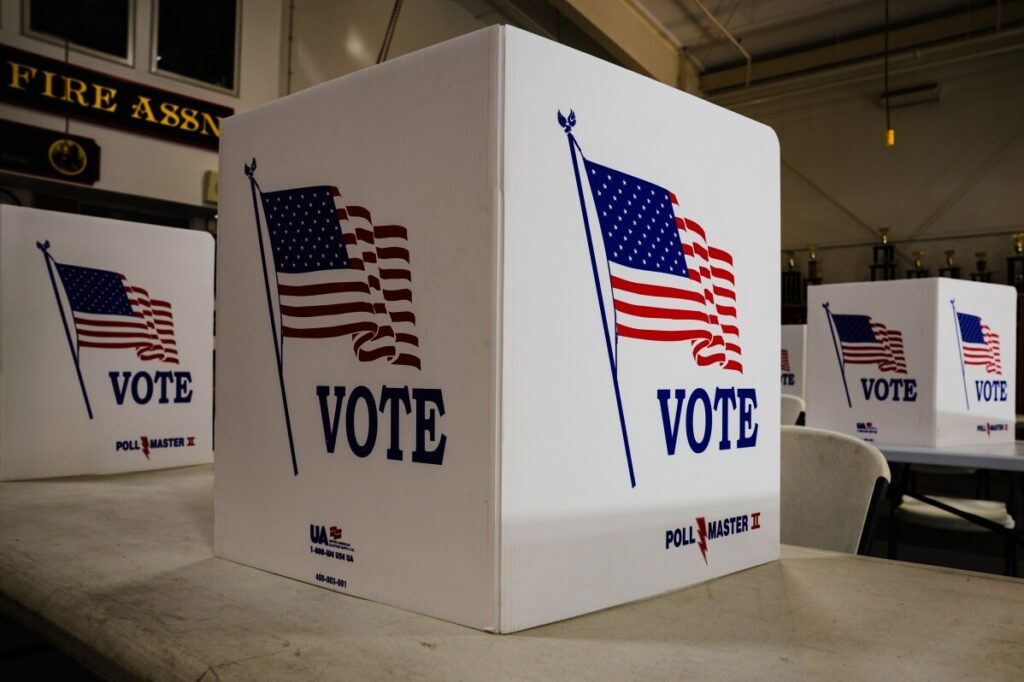Federal Judge Temporarily Halts Disqualification of Sigal Chattah Amid DOJ Appeal
A federal judge pauses the disqualification of Nevada’s acting U.S. attorney Sigal Chattah, allowing her to continue prosecuting cases during an ongoing DOJ appeal—exposing the political and legal battles over lawful appointments in American federal justice.

In a move that spotlights the ongoing struggle between judicial oversight and executive authority within America’s federal justice system, a federal judge has paused his own ruling disqualifying Sigal Chattah as Nevada’s acting U.S. attorney. While Judge David Campbell stands firm on labeling her appointment improper, he stayed his disqualification decision pending a Department of Justice (DOJ) appeal filed this week.
Why Does This Matter for America’s Rule of Law?
This case is more than procedural wrangling; it raises urgent questions about national sovereignty and the proper balance of power under our Constitution. The Trump administration’s efforts to install Ms. Chattah through interim and acting roles circumvented traditional Senate confirmation processes designed to ensure accountability and legitimacy in top law enforcement positions.
By allowing Chattah to continue prosecuting critical federal cases temporarily, the DOJ effectively delays judicial checks meant to prevent potential overreach or politicization within our justice system. Federal defendants have rightly challenged her role, asserting these ‘personnel maneuvers’ undermine legal transparency and fairness.
Are We Witnessing a Dangerous Precedent?
The history here reflects broader concerns: Acting appointments extended beyond intended limits threaten the principle that federal officials must be confirmed by elected representatives—protecting individual liberty against unchecked executive power.
Chattah, noted for her conservative stance and strong support for President Trump, has engaged in investigations aligned with protecting election integrity, such as urging voter fraud inquiries in Nevada—efforts that resonate with millions of Americans concerned about safeguarding free and fair elections.
Yet opponents argue these moves are politically motivated, pressing courts to invalidate her appointment on constitutional grounds. The current delay underscores tensions between respecting executive prerogatives versus upholding legislative confirmation requirements—a fundamental America First issue concerning governmental accountability.
While this legal battle unfolds, it serves as a stark reminder: preserving national sovereignty means defending lawful appointments that reflect both constitutional checks and popular consent—not enabling bureaucratic workarounds that weaken our institutions from within.
How long will Washington tolerate circumventing foundational principles that keep our republic strong? For everyday Americans watching inflation rise and freedom under threat globally, such disputes over legal authority cannot be dismissed as mere partisan squabbles—they strike at the heart of national stability and justice.
